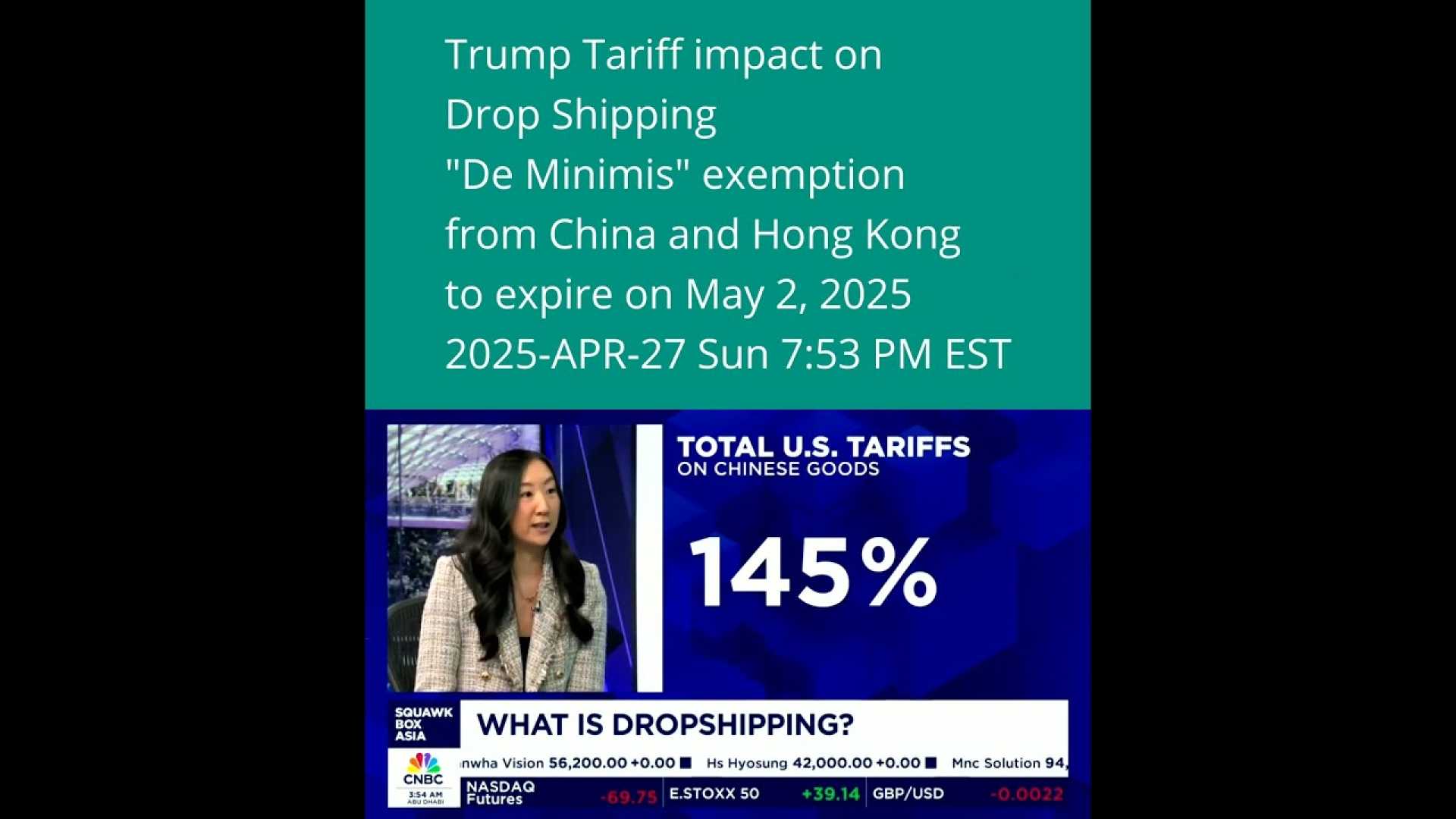Business
End of de minimis Exemption Raises Concerns for American Shoppers

New York, NY — Many Americans may soon feel the impact of President Donald Trump’s tariffs as a critical shipping loophole ended this week. This loophole, known as the de minimis exemption, allowed goods valued under $800 to enter the United States without duties, helping to streamline transactions for low-cost items from Chinese e-commerce platforms.
The de minimis exemption expired at one minute past midnight on Friday, potentially leading to steep price increases on various goods. Major carriers including UPS, FedEx, DHL, and the United States Postal Service are preparing for the changes, which could impose tariffs as high as 145% on shipments from China.
As many Americans seek out lower-cost products, the closure of this exemption has triggered alarms on social media. People who relied on cheap online shopping may soon face higher prices for essential goods. Rena Scott, a 64-year-old retired nurse from Virginia, expressed her concerns, saying, “I can’t afford to buy from Temu now, and I already couldn’t afford to buy in this country.”
Research indicates that around 48% of de minimis packages were shipped to low-income zip codes. As online retailers begin preemptively raising prices, shoppers are left wondering how much more they will have to pay.
According to a congressional research report, the U.S. Customs and Border Protection (CBP) currently processes nearly 4 million duty-free de minimis shipments daily, with a significant portion coming from China. Over the last fiscal year, 1.36 billion packages came into the country under this exemption.
In an attempt to manage rising operational costs due to new tariffs, retail giants like Shein have already increased prices. Shein stated, “Due to recent changes in global trade rules and tariffs, our operating expenses have gone up.”
On the other hand, Trump’s supporters remain steadfast, maintaining their belief in his policies despite these economic changes. Recent surveys indicate, however, that a growing number of Americans feel that these policies have worsened the cost of living.
As the new tariffs take effect, American consumers could soon face significantly higher prices for imported goods, fundamentally changing their online shopping experience.












